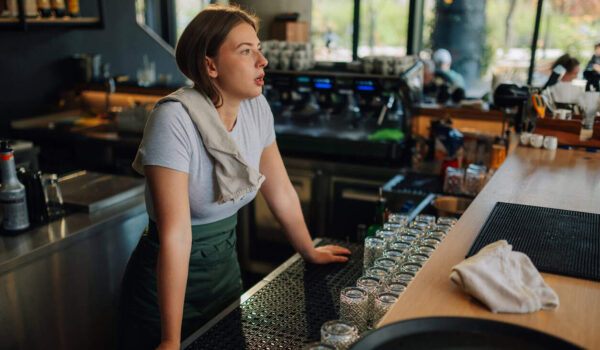Blog
The HEPI Blog aims to make brief, incisive contributions to the higher education policy landscape. It is circulated to our subscribers and published online. We welcome guest submissions, which should follow our Instructions for Blog Authors. Submissions should be sent to our Blog Editor, Rose Stephenson, at [email protected].












